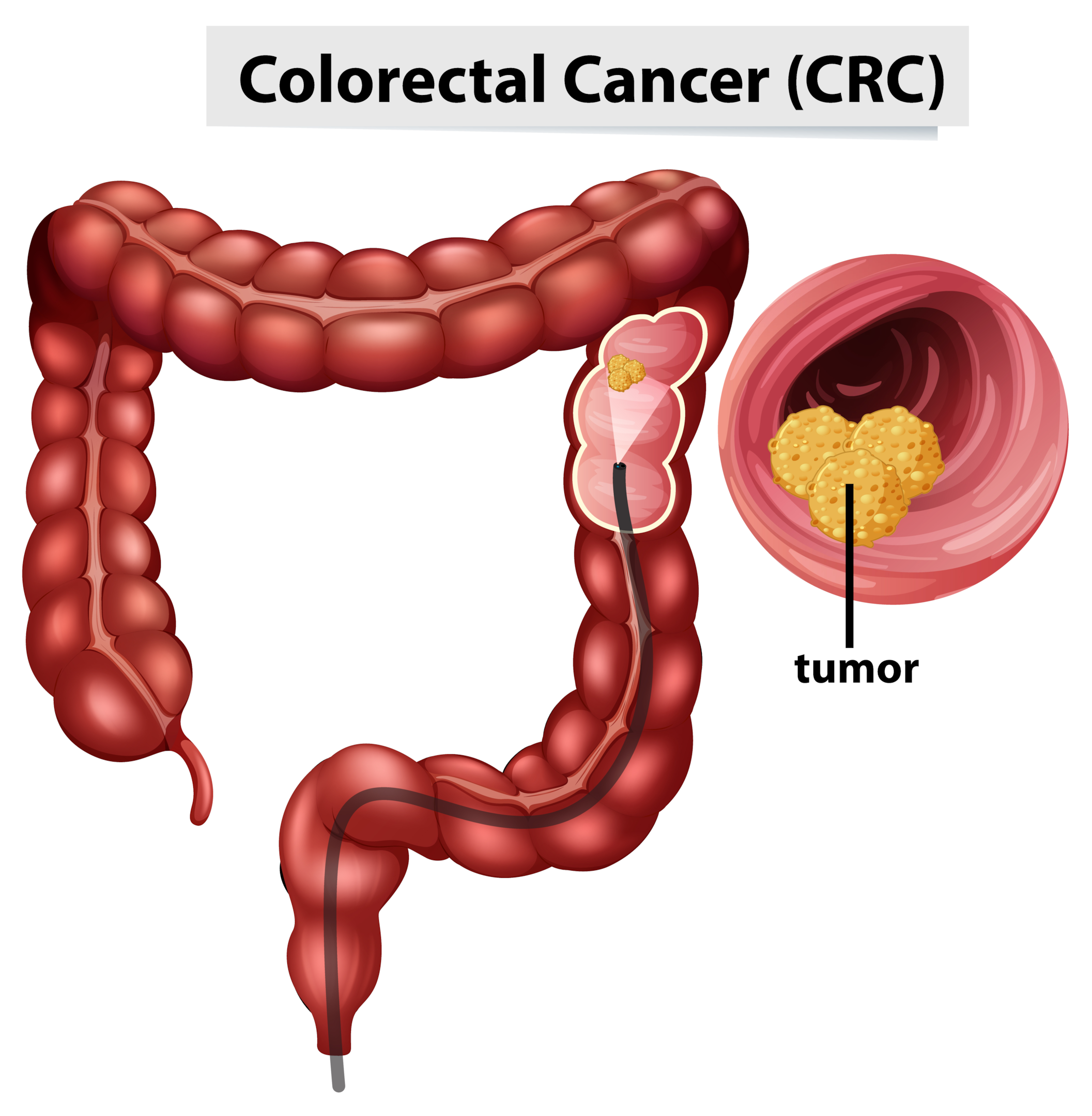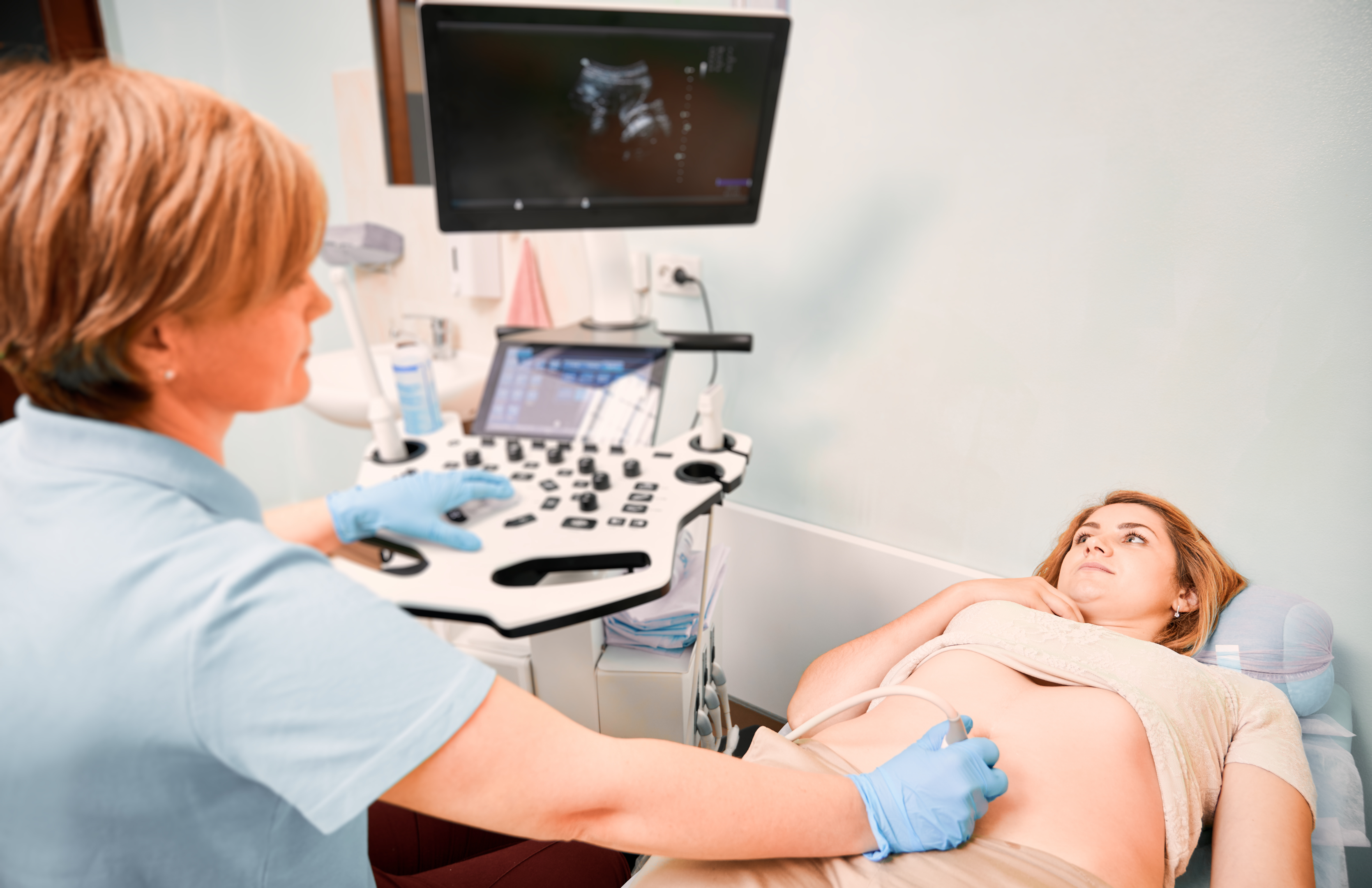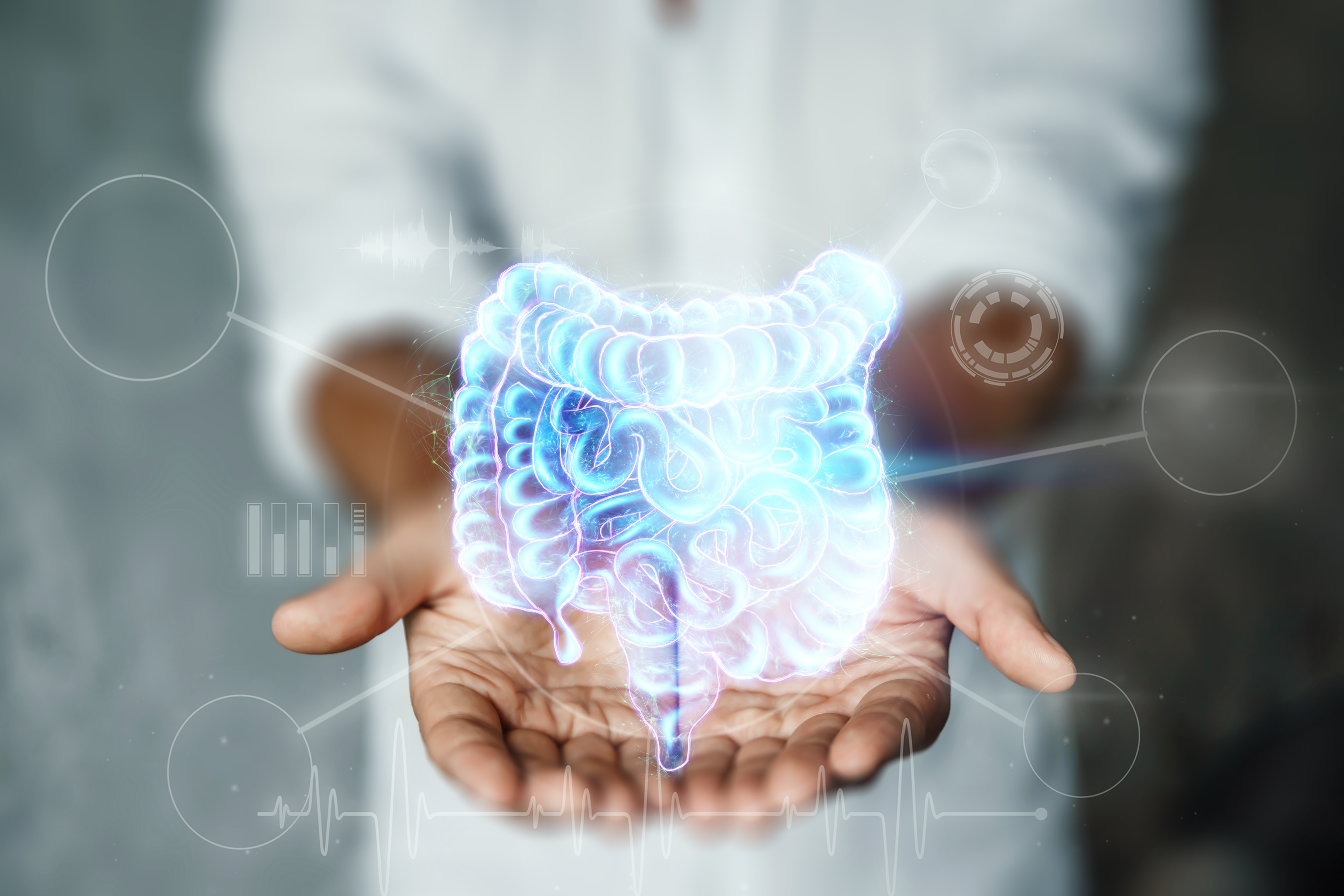What causes a change in bowel habits?


Frequent bowel movements and a suddenly changed bowel habit can be warning signs of more serious health issues.

The term 'bowel' refers to the intestines. Unlike in the food pipe, the flow of materials in the intestines is not guided by gravity. Here, the 'bowel movements' move the materials. But, sometimes, the pattern and frequency of these movements can change.
What are the causes of these bowel changes, and what do they reflect about your inner health? Let's have a brief overview.
Bowel habits vary from person to person. So, changes also vary from person to person. While some changes are normal and expected, others may indicate an underlying health issue, e.g., inflammatory bowel disease (IBD) or irritable bowel syndrome (IBS).
A change in the bowel pattern and movements should be viewed with suspicion. However, before going through the causes of changed bowel movements, you should first understand what a normal bowel movement is.
There is no fixed standard for bowel movements. For some people, one movement per day is normal, but 2-3 per day can be normal for others. According to a source, the normal bowel frequency can vary from three per week to three per day. So, the pattern is more important than the number. There is also no significant change due to gender.

Normal bowel movements should be easy to pass without pain, leakage or straining. However, any change in the frequency, pattern, appearance and the presence of accompanying signs, e.g., constipation, abdominal pain and diarrhoea, indicate that something is going wrong. Let's have an overview of the causes of change in bowel movements.
The causes of disturbed bowel habits can be very diverse and multi-factorial. The causes are commonly divided into two types; primary and secondary. The primary causes are related to the intrinsic issues of the anorectal or colonic function, while the secondary causes are related to medications, systemic diseases or organic diseases.
While the primary issues are mainly fixed, the secondary factors are acquired and are the major topic of discussion in the article. These secondary causes can range from infections to nutritional disturbances and hormonal changes. Some important factors are;
The term 'colorectal cancer' is used for all cancers originating from the colon and rectum. According to CancerresearchUK, it is the third most important cancer in the UK, with more than 46,000 annual cases and 9,200 annual deaths.

Various types of bowel cancers are rectal, colon or combined colorectal cancer. These cancers are named according to the organ of origin. The symptoms associated with bowel cancer are;
Weight loss
Weakness
Fatigue
Bleeding in stools
Bloating
The repeated urge to have defecation
Cramps
Abdominal pain
Bloody stools
Persistent changes in bowel habits and patterns, including constipation and diarrhoea.
These issues can also be experienced with conditions other than bowel cancer. You should speak to your doctor if the signs are persistent or gaining severity. You will need to be hospitalised if the cancer is diagnosed in the digestive tract.
At Welzo.com, we have various tests that allow you to diagnose bowel cancer. Our Bowl Cancer Home Test detects traces of blood in the stools, which could be the earliest sign of bowel cancer. Click here to know more and purchase your test kit. There is also an Instant Bowel Cancer Home Test that can give results in a few minutes. Click here for more details.
Read more: Signs and symptoms of bowel cancer.
As the name indicates, this condition means the formation of ulcer (s) in the colon, a part of the large intestine. According to the reports published by the UK Crohn's and Colitis (a UK-based charity), 1 out of 227 people develops this situation, which is most common in young people aged 15-25.
It causes an inflammatory bowel disease (IBD), which can last a lifetime. The ulcers and inflammation develop along the lining of the rectum and colon, causing the following symptoms,
Weight loss,
Anaemia
Fatigue
The repeated urge to have defecation
Bloody stools without or with mucus
Diarrhoea
Cramps and severe abdominal pain

If you feel these symptoms, you must follow a long-term treatment plan as recommended by your doctor.
It is a dangerous condition that affects the digestive system and stays for a long time. The condition is highly common. According to a study published in Clinical Epidemiology in 2014; its community prevalence is 10-25%.
The exact causes are still under investigation, but an increased sensitivity of the gut nerves has a role. The other causes are family history (genetics), stress, and passing food too slowly or quickly from the gut.
The presence of IBS causes a change in your bowel habits resulting in signs, e.g.,
Excessive gas
Constipation
Diarrhoea
Bloating
Abdominal pain,
Cramps etc.
Various treatment options are available, and your doctor will choose one for you. The treatment is most unsatisfactory, and you must manage the symptoms.
It is also a chronic type of inflammatory bowel disease. It can cause inflammation in any digestive organ, but the most commonly affected organs are small intestines, the initial part of the large intestine, including the colon. The exact cause is unknown, but the defects of the immune system (immunosuppression) seem to have a role.

The condition is fairly common, and according to research conducted and published by Crohn's and Colitis UK, 0.81% (or 1 in 123) of people in the UK have this condition. This condition can stay for a lifetime, causing the following symptoms;
Constipation
Weight loss
Increased urge to defecate
Bloody stools
Diarrhoea (can include blood or mucus)
Fatigue
Abdominal pain and cramps
It is a long-term problem that may affect you for your entire life. The epidemiological data shows that it is experienced by around 1% of people in the UK and Europe. However, not all cases are diagnosed, and the same source suggested that only 36% of these cases are ever diagnosed and treated.
It is due to a sensitivity to gluten, a protein in barley, wheat, rye etc. The immune system identifies it as a foreign body and reacts, causing the symptoms. Besides this, the medical community has also identified many other causes which are under investigation. The immune system has a role in disease development.
It also has a familial disposition and can run in families. Besides causes, the following symptoms are noted;
Excessive gas production
Poor absorption of digested nutrients
Stomach upset
Constipation
Diarrhoea
Bloating
Abdominal pain and cramps etc.
The treatment is often soothing and focuses on the symptoms only.
The thyroid gland is a small butterfly-shaped gland in the neck. It releases several important hormones which regulate various body functions, including metabolism and growth. The important hormones the thyroid gland releases are T3, T4 and calcitonin. The calcitonin hormone regulates calcium metabolism.
If the thyroid gland is not producing enough hormones for any other reason, it is known as hypothyroidism or an underactive thyroid. The opposite condition is hyperthyroidism or hyperactive thyroid.

An under-active thyroid can cause decreased bowel movement, while an over-active one will have the opposite effect.
Besides various other symptoms, thyroid issues can cause other digestive disturbances, including weight gain, dry skin, disturbed bowel movements, weakness, photo-sensitivity, fatigue etc.
If you are worried about the health of your thyroid gland. In that case, we have an Advanced Thyroid Blood Test that detects the thyroid hormones, antibodies and related vitamins in your blood and gives you a complete picture of the overall health of the thyroid gland. Click here for more details.
Changes in bowel movements are not so important if they are only for a few days. However, persistent and strong changes should be reported to the doctor. Some long-term issues, e.g., diarrhoea and constipation, can become severe issues in the long run.
However, some other severe issues require you to consult the doctor immediately. These include;
Pus, blood or mucus in the stools
More frequent bowel movements
Vomiting and a persistent nausea
Dizziness
Confusion
Severe and shooting diarrhoea that can stay for days
Persistent abdominal pain or cramps
You are unable to pass out gases
Watery diarrhoea is there for more than a day (can lead to dehydration)

The following signs need an emergency appointment with the doctor;
Unexplained and persistent weight loss
Extremely narrow stools
Bowel leakage or an inability to control the bowel movements
No stools for three persistent days
Mild pain in the abdomen
The doctors often take a hint from the history of signs and clinical picture. They may ask you to explain the consistency and frequency of bowel movements. A stool or blood sample can also reveal the problem. The other diagnostic tests used for the purpose are;
It is a diagnostic procedure in which a thin tube having a camera and a light source is inserted into the digestive system and detects any underlying condition. Depending upon the target organ, various types of endoscopy are;
Sigmoidoscopy
It is a process in which a thin tube is inserted into the rectum. This tube has a light source and camera at one end and detects any problem in the sigmoid colon, the part of the colon which is nearest to the rectum.
Colonoscopy
It is a diagnostic procedure in which a thin tube with a light source and camera is inserted into the colon to detect the issues.
Faecal testing
It involves testing stool samples to detect the presence of parasite eggs, parasites or other causative agents.

These include x-rays, ultrasonography and CT scan to detect bowel cancer and other signs of disease in the internal organs.
The treatment depends upon the underlying cause, which is the doctor's job. Depending upon the cause, you may need long-term therapy for better results. However, on your part, you can practice the following preventive measures,
Increase the fibre intake to regulate the bowel flow
Visit the bathroom as soon as you have the urge to defecate without any waiting
Exercise regularly
Drink plenty of fresh water
The bowel movements and pattern is specific to a person. However, some factors, including digestive and kidney diseases, can cause a persistent disturbance which can have serious health consequences, e.g., severe diarrhoea and constipation. Keep an eye on the signs of these issues and consult health professionals in case of any complexity to ensure your digestive health.

In case of any health issues, you don't need to visit hospitals in wait in lines. The Welzo.com is a simple and easy healthcare service. Click here to explore the Welzo World, a treasure of information, tests, medications and advice.










Plus get the inside scoop on our latest content and updates in our monthly newsletter.